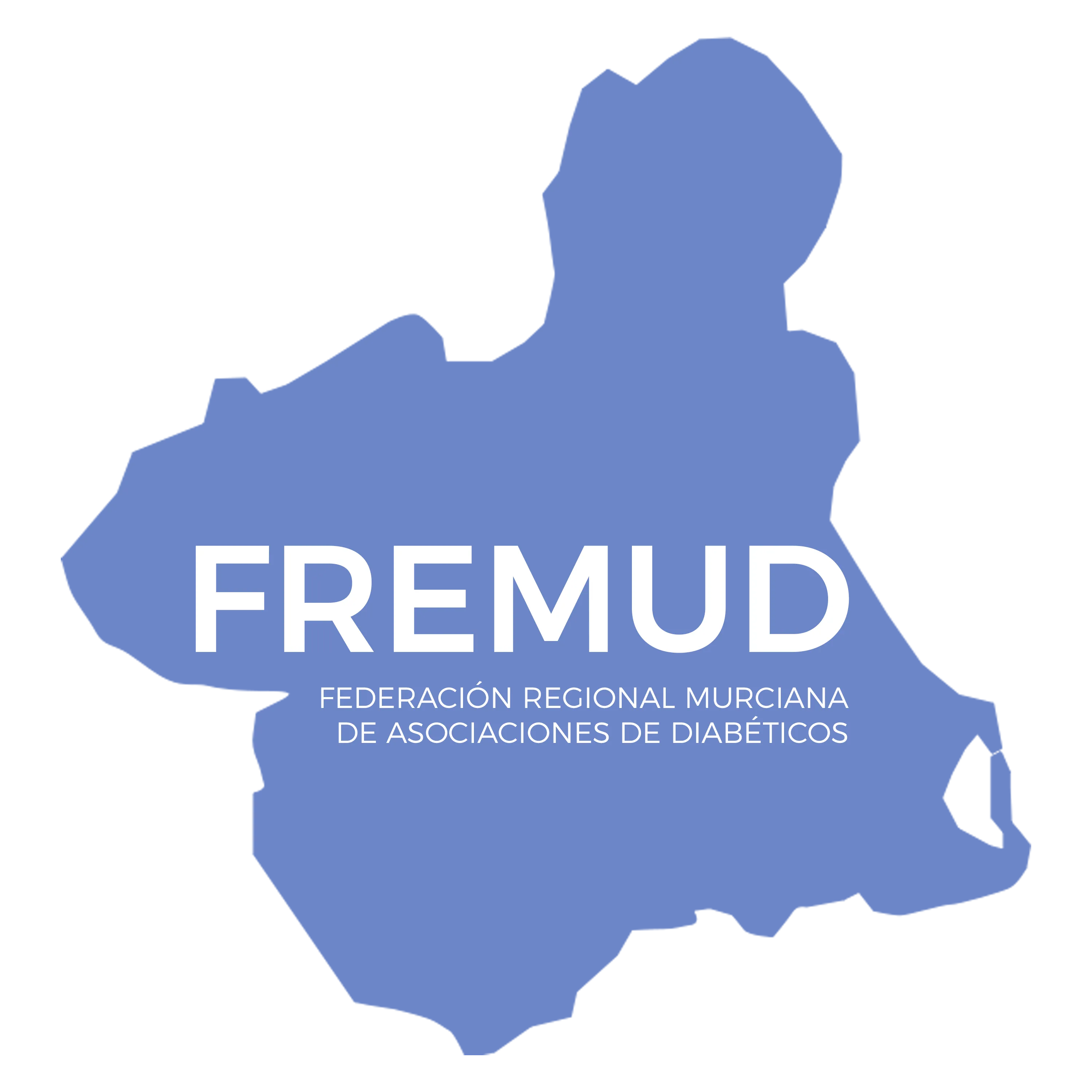The sensors, which allow to control glucose via mobile, will be available within an approximate period of two months.
Health centers will facilitate children and adolescents with type 1 diabetes between 4 and 18 years of age a new device that allows to control glucose levels through the mobile phone, without the need for the usual punctures on the finger.
The measure, announced at the end of February by the Ministry of Health, will benefit some 550 minors throughout the region, and will be launched over the next two months, once the last details were killed yesterday at a meeting in a meetingAmong the Director General of Health Assistance of the SMS, Roque Martínez, and the representatives of the Regional Federation of Diabetics Associations (FREMUD).
With the new device, reactive strips and punctures on the finger are replaced by sensors that are placed in the arm.To know the glucose level, you just have to bring the 'smartphone' closer, in which an application (LibreLink) must have been discharged that allows you to read and store the results.This information will allow parents to know the evolution of glucose, and will also be incorporated into the patient's electronic medical history, says Roque Martínez.
The endrocrinos will be responsible for prescribing these sensors.Parents will have to go to their health center to pick them up, and will be completely free.Each sensor has a market cost of 59.90 euros, and a duration of 14 days.Health will facilitate 26 of these devices for each child per year.
Murcia becomes the fourth autonomous community to incorporate this new technology into the public health system.Valencian Community, Castilla-La Mancha and the Basque Country already subsidize it.
The president of Fremud, Silvia Serrano, is confident that the measure begins to apply "immediately."Sources of the Ministry of Health explain that the protocols are already prepared, and that only the company gathers and has the sensors for the 550 patients between 4 and 18 years with type 1 diabetes in the region.Fremud asks that in the future the measure is extended beyond 18 years, "because diabetes does not end at that age."
Diabetes Tipo 1 desde 1.998 | FreeStyle Libre 3 | Ypsomed mylife YpsoPump + CamAPS FX | Sin complicaciones. Miembro del equipo de moderación del foro.
Autor de Vivir con Diabetes: El poder de la comunidad online, parte de los ingresos se destinan a financiar el foro de diabetes y mantener la comunidad online activa.
LuVi
05/17/2018 8:37 p.m.
Oh really!!!!!:-@ [-(We continue with the joke of jokes, this is better than Sheldon drunk :)) :)), come on Murcia health is going to give free sensors and according to this news it looks like a new sensor.That if instead of giving you the free reader they have the brilliant idea of the parents of those children between 4 and 18 years old make them buy a mobile to install the "wonderful" mobile application and what they sell as a novel system.All those counselors, associations and easy photo people in the great contribution and help to diabeytic and diabetes may be proud.Is this people who believe they are doing something for us because they represent us through an association?On top of them, the cover, photo, article or news, in short ....Wonderful that it is not to have to click your finger (as a "good" sensor comes out, with your measurements, we will see if you click your finger or not), but you have to wear a second stuck 14 days, etc. from thatNo mention is made .. the diabeytic we have diabetes, but we are not dumb, enough to take ourselves for fools and do not feel proud to put the candle on the cake bought, but to put it in one that you have done.
DMT1 desde los 12 años (1991)
hbA1c= 5,4
Humalog y Toujeo (mayo 2017)
Humalog y Tresiba (mayo 2016 hasta mayo 2017)
humalog y NPH (desde inicio hasta mayo de 2016)
I do not understand what @luvi wants to say, for something it starts.What they should are to warn that the reliability of these sensors is not 100%.
I am worried that with free people trust and stop using strips.It can be a risk.
Hija de 35 años , diabética desde los 5. Glico: normalmente de 6 , pero 6,7 la última ( 6,2 marcaba el Free)
Fiasp: 4- 4- 3 Toujeo: 20
LuVi
05/17/2018 9:50 p.m.
@"Regina" I mean that that's why you don't start.Hopefully this "great idea", something that the diabetics had a lot of time and costing us, not in depressing of the administration by the health system of the reactive strips.Because instead of making a concession to Abbot of x years for x money, they do not press and squeeze so that their product is better or improved (greater efficiency, less invasive, discreet, without effects of its components, with alarms, etc.),As you should do with bombs, insulins, etc. and not that they assure them a money for many years and a popularity about possible competition, so ... what company will risk investing a capital in developing a bomb or ameter??.It turns out that there is a "problem" in mobile education in classes and now there will be a dilemma of why the diabetic child can have mobile to measure their glucose and non -diabetic no.In my opinion more than one step forward is one back.That for not commenting that it will only be for 550, we go that in all Murcia, there are only 550 diabetic@s?If you still do not see what I mean, everything is in joke.
DMT1 desde los 12 años (1991)
hbA1c= 5,4
Humalog y Toujeo (mayo 2017)
Humalog y Tresiba (mayo 2016 hasta mayo 2017)
humalog y NPH (desde inicio hasta mayo de 2016)




